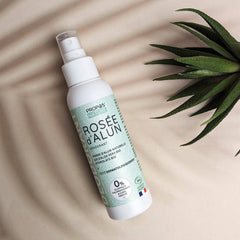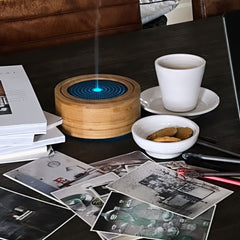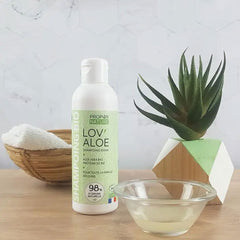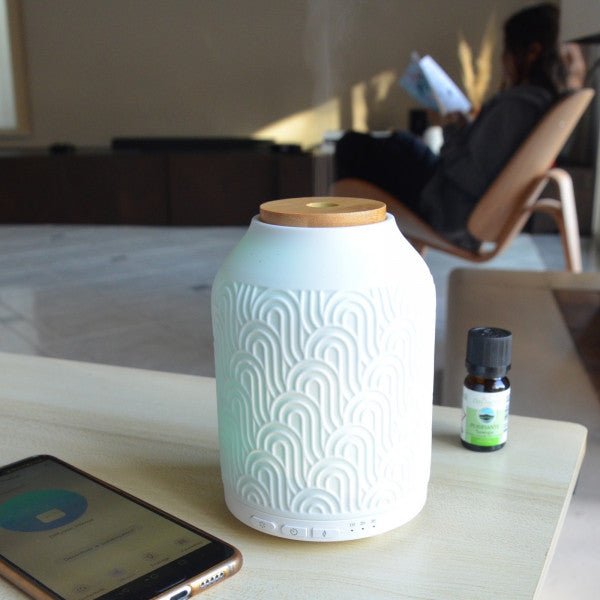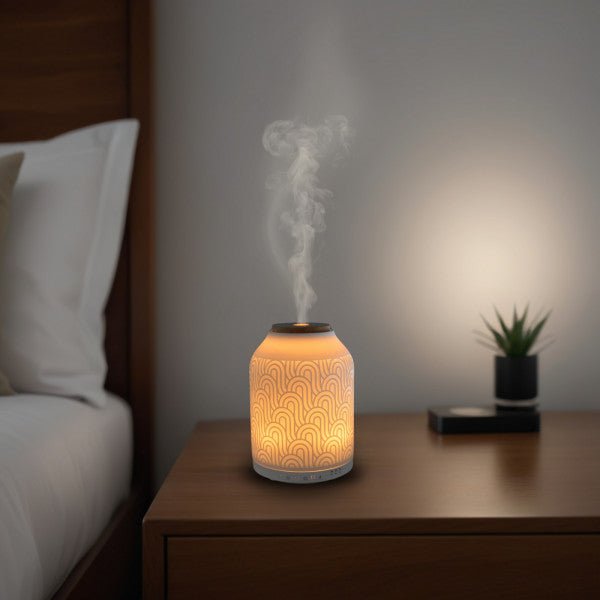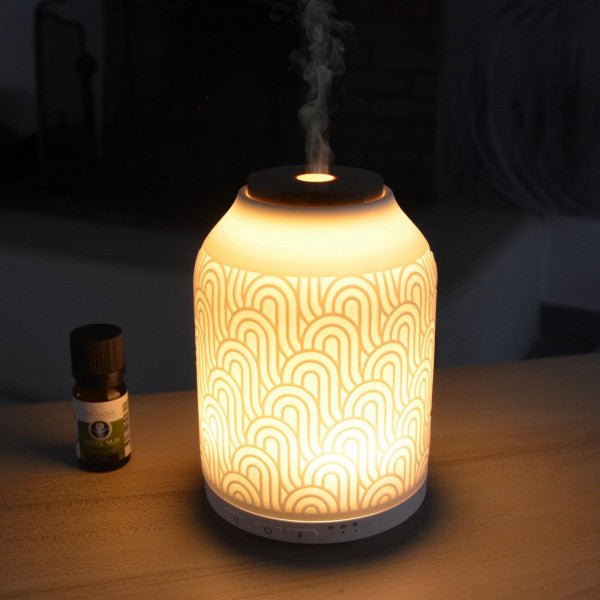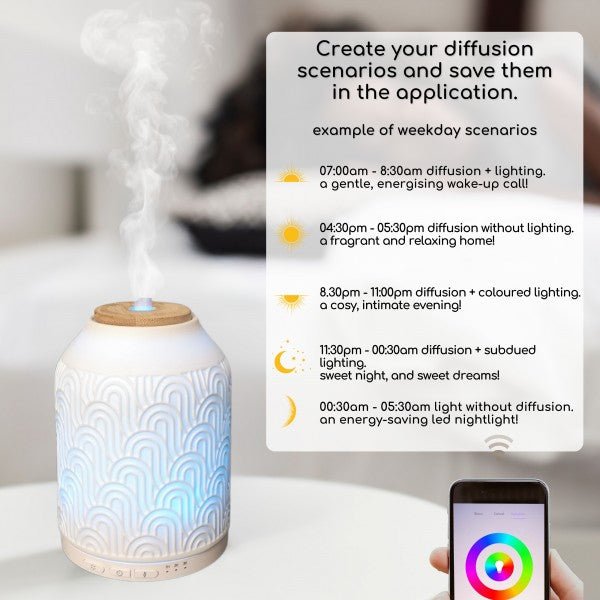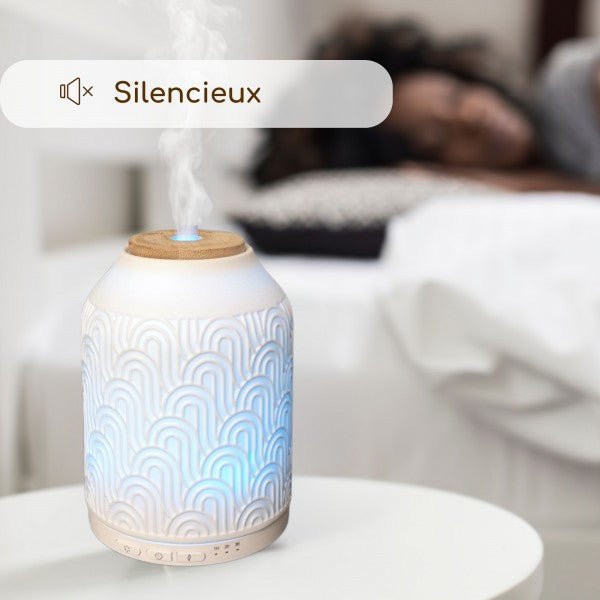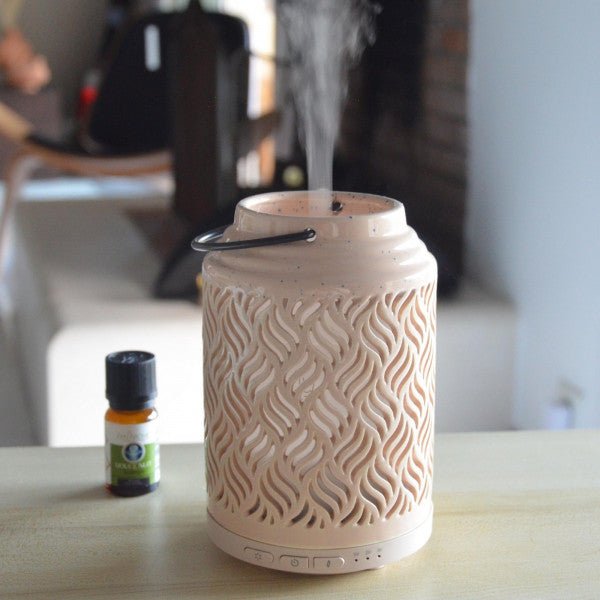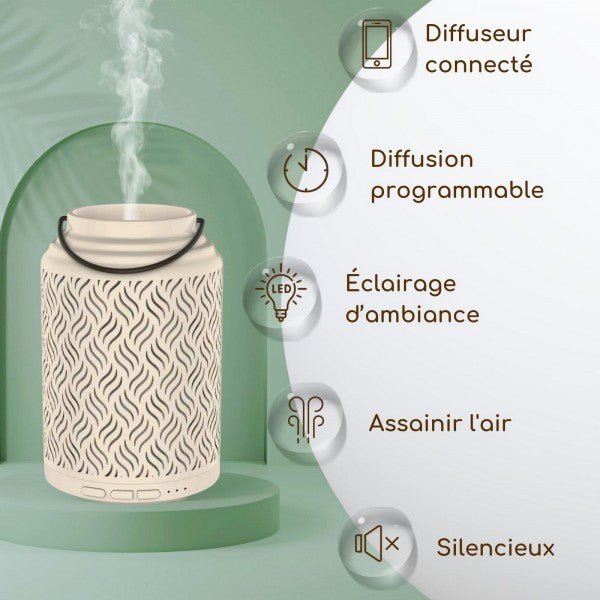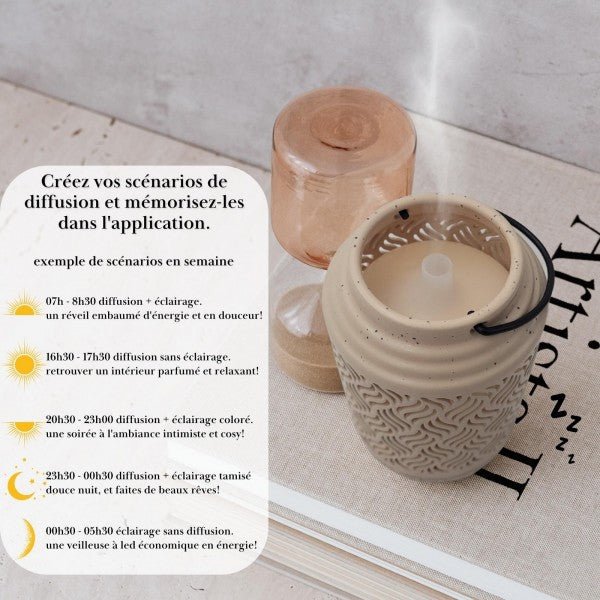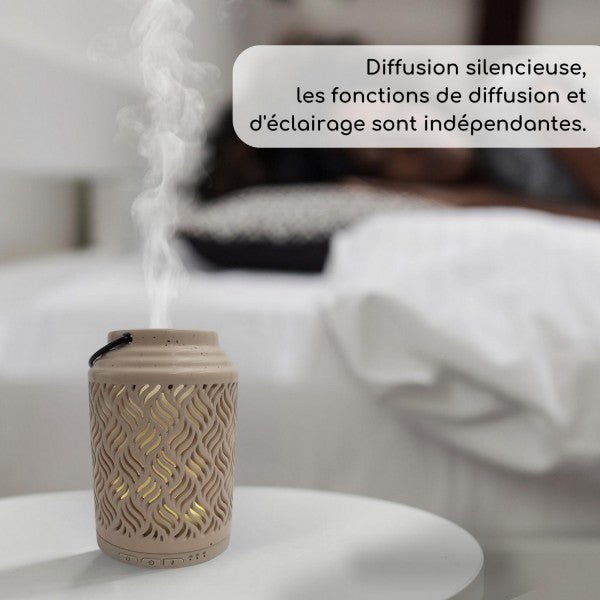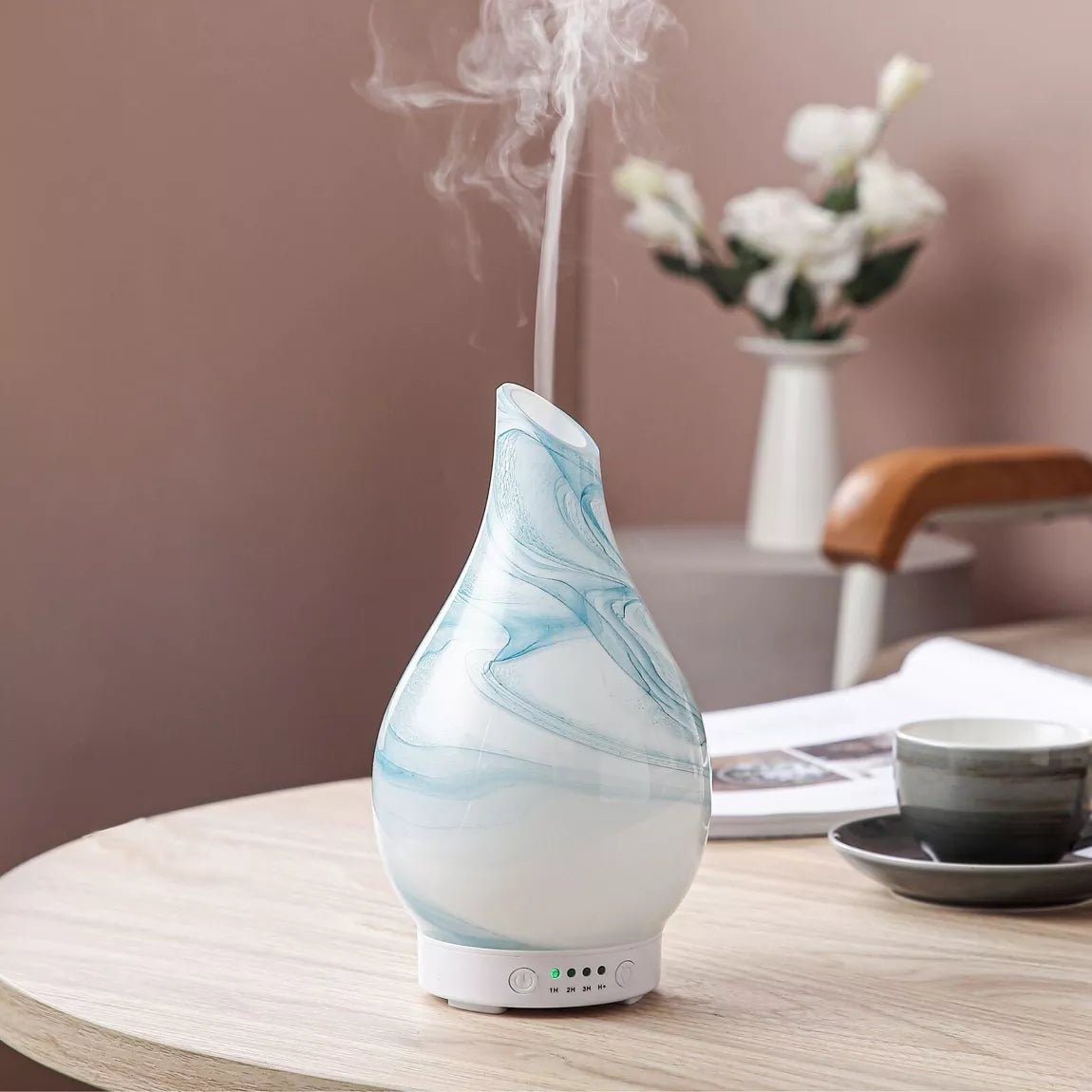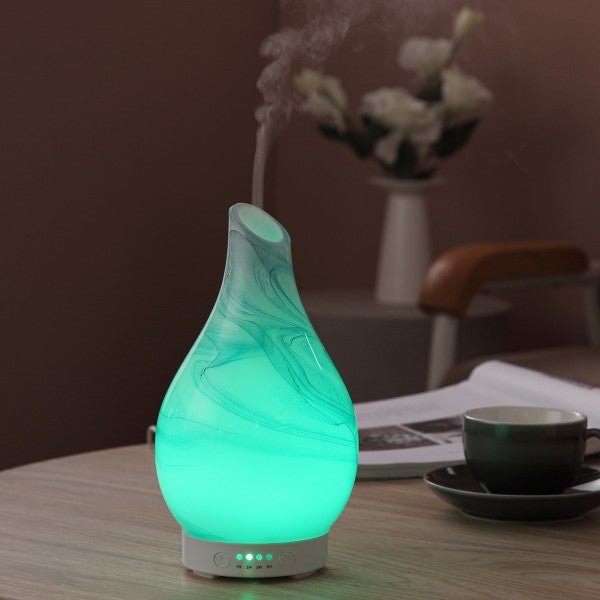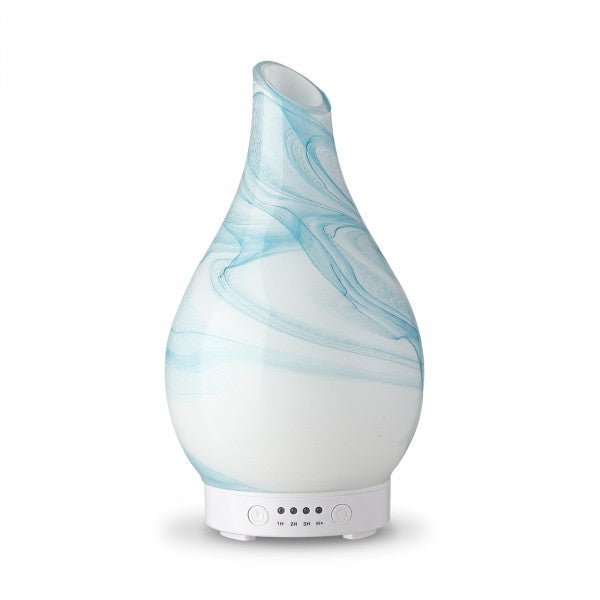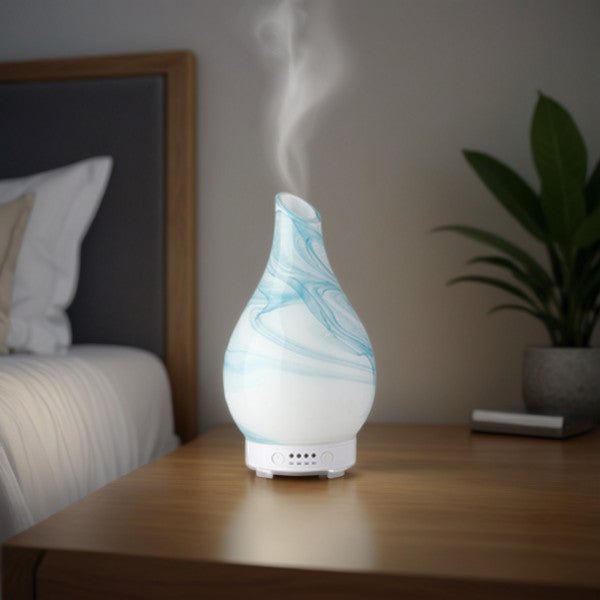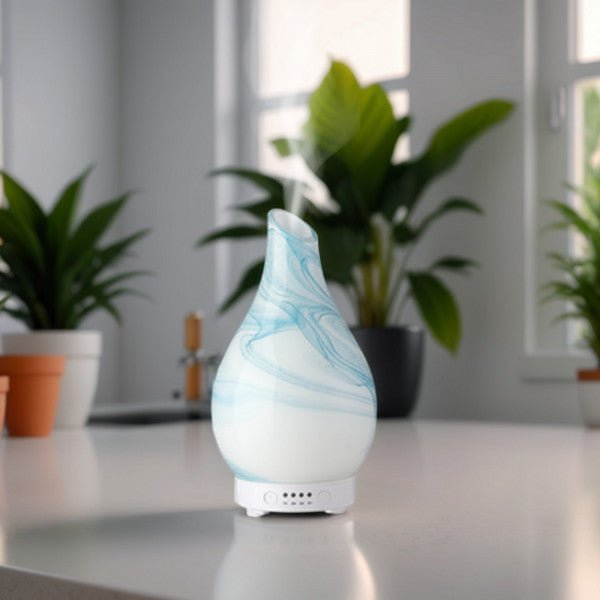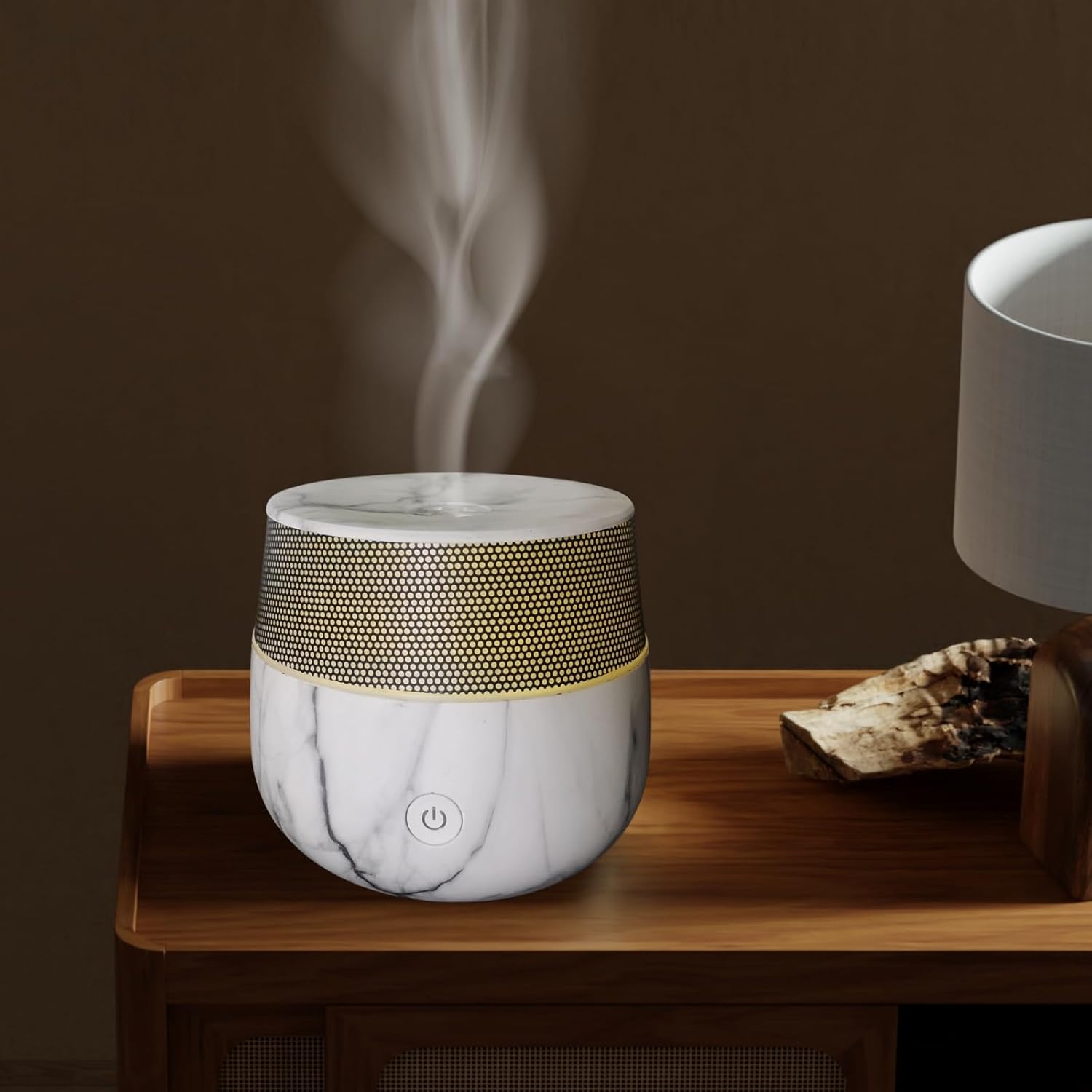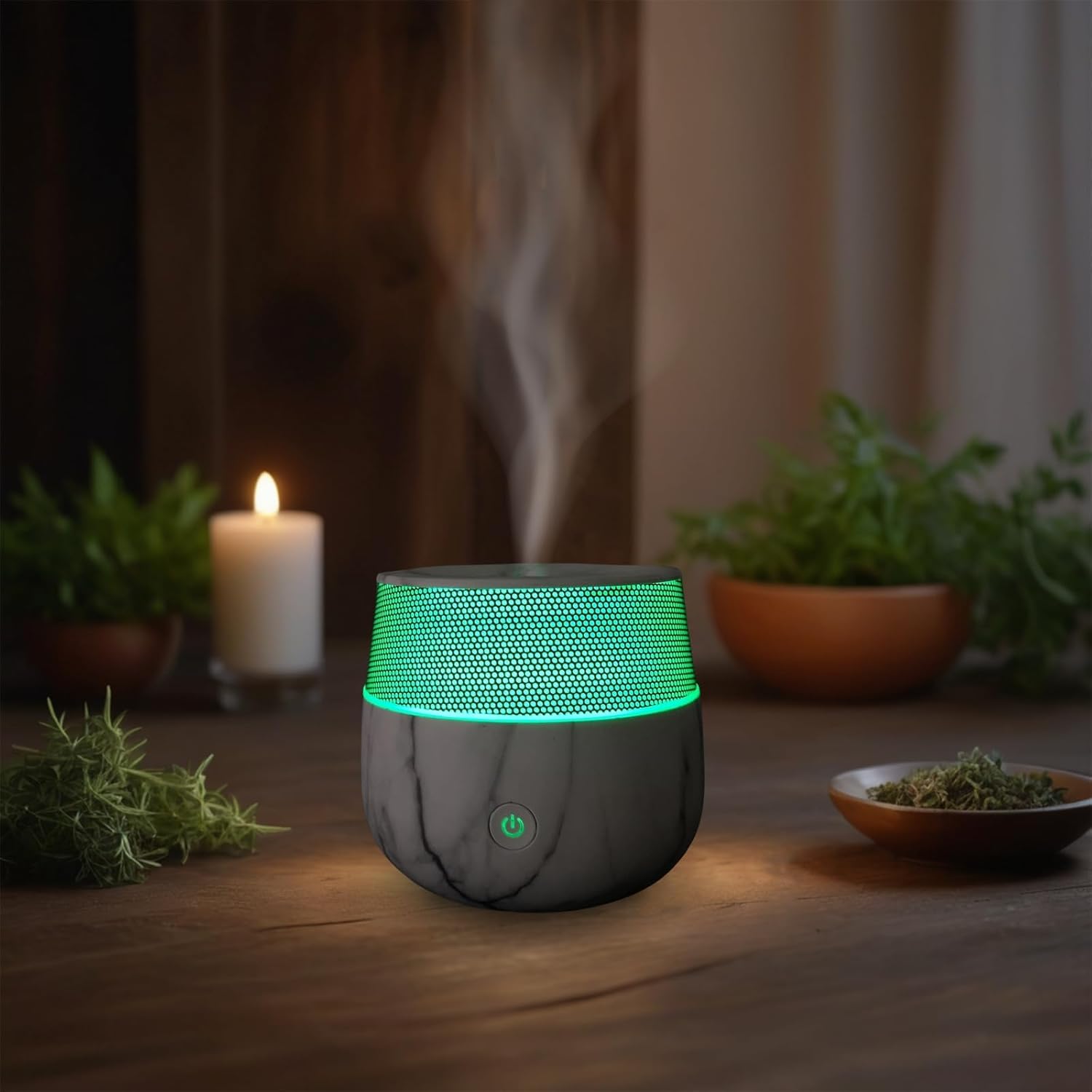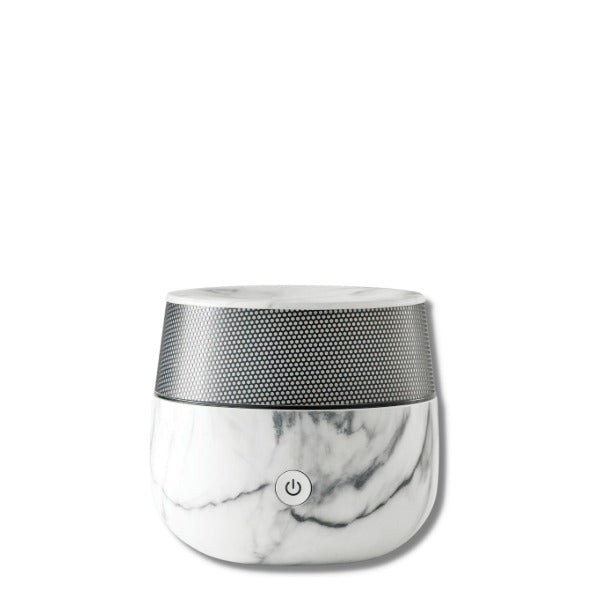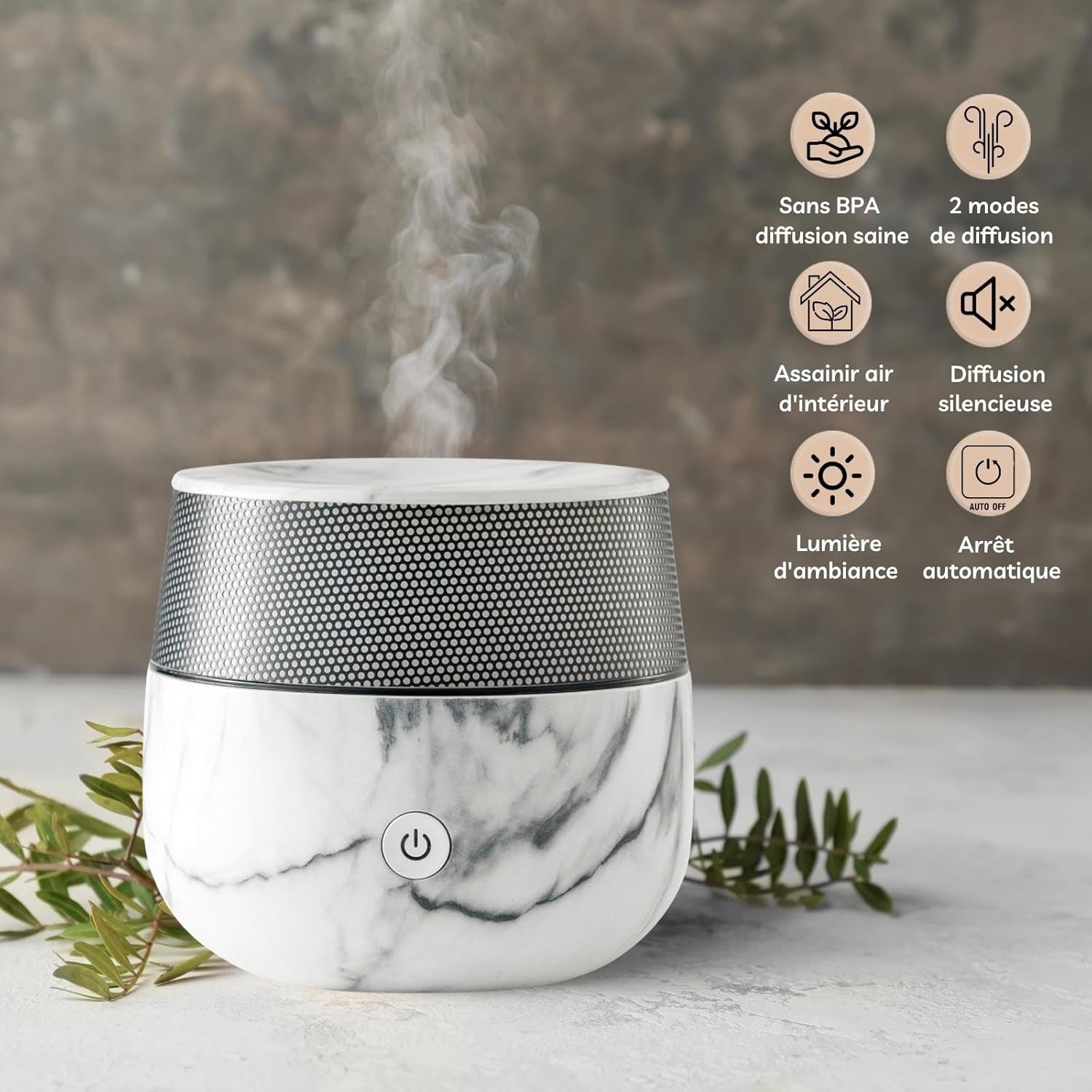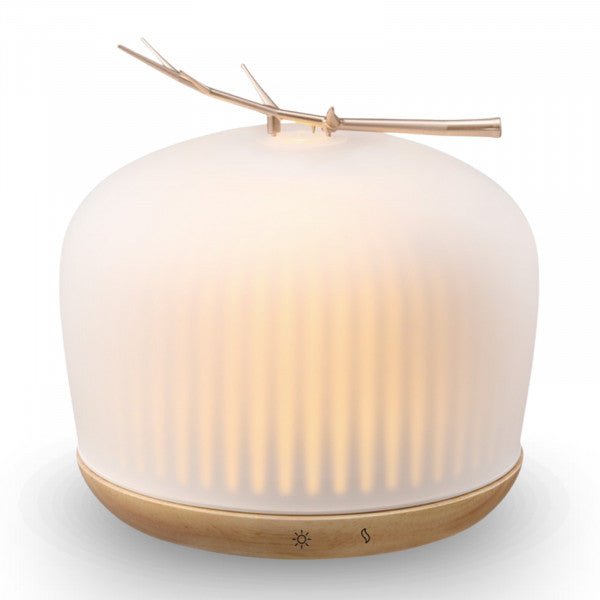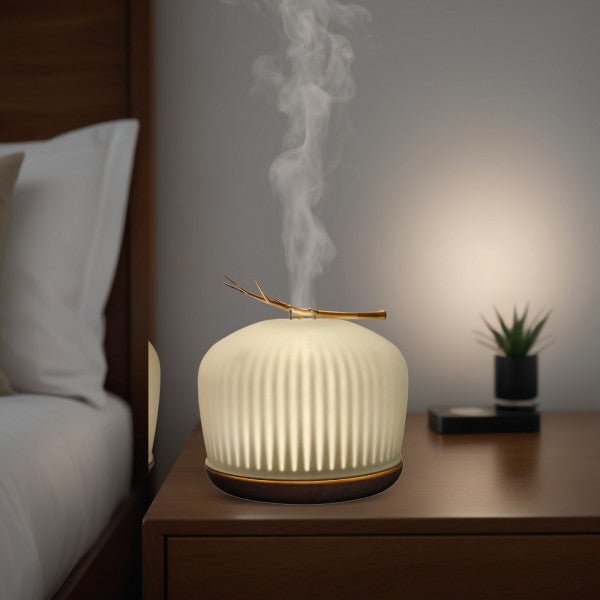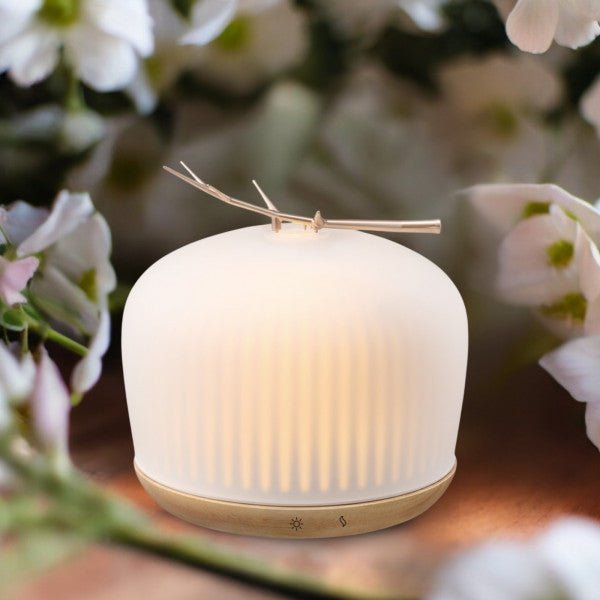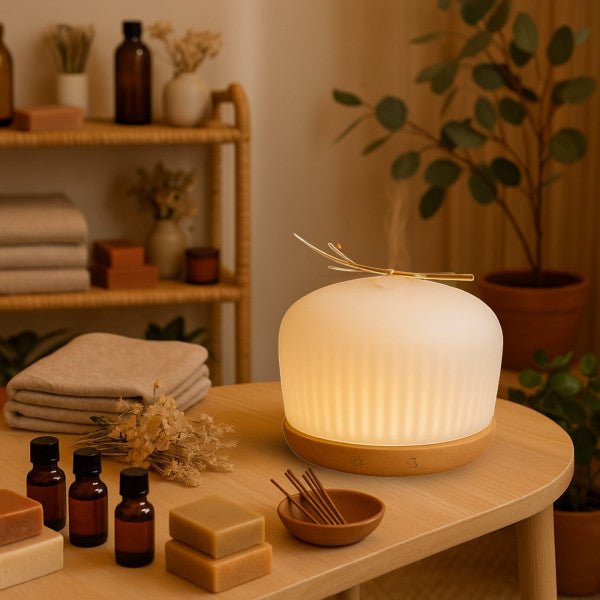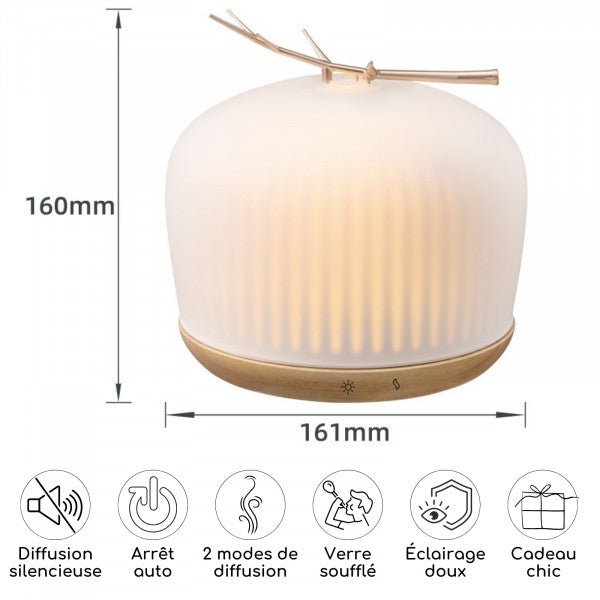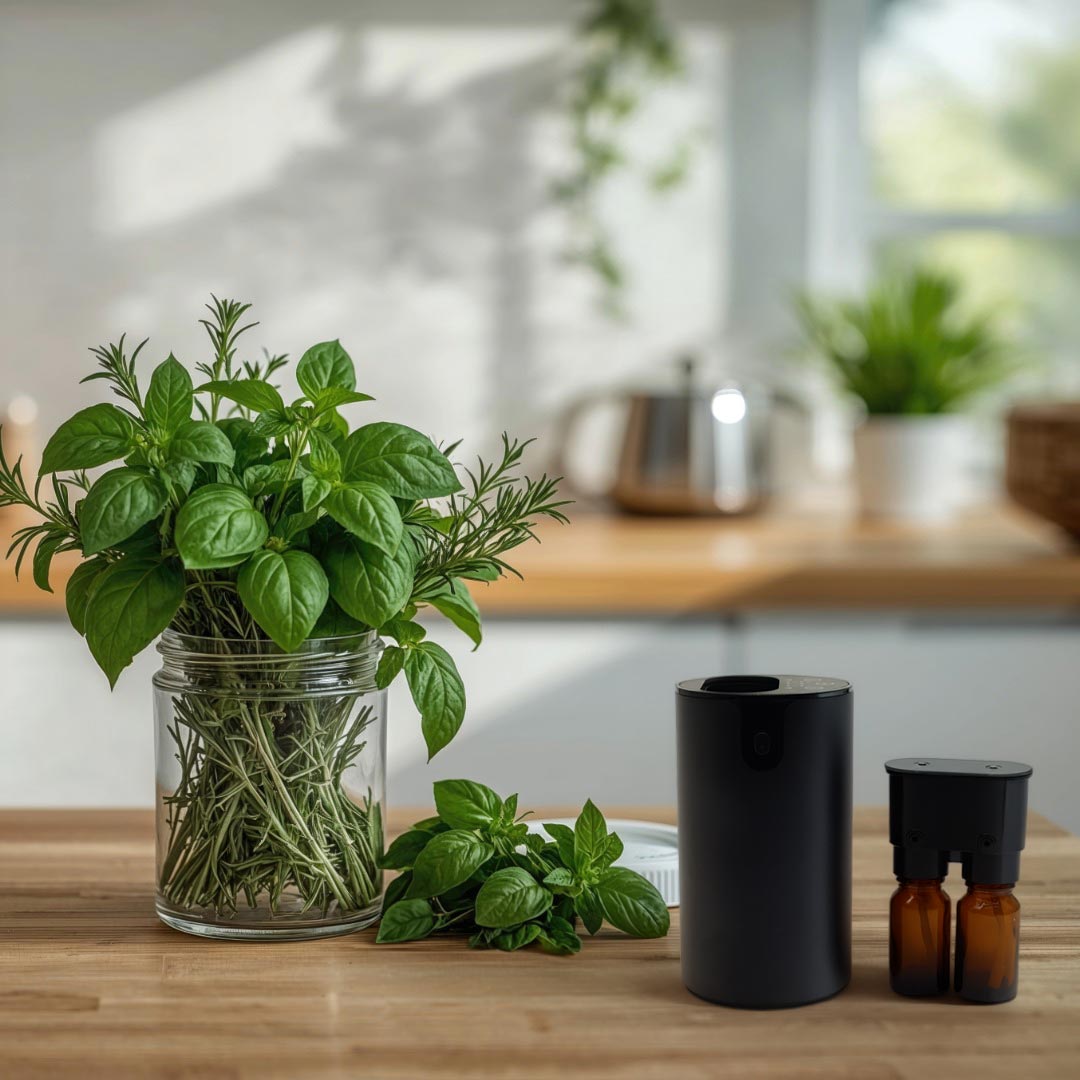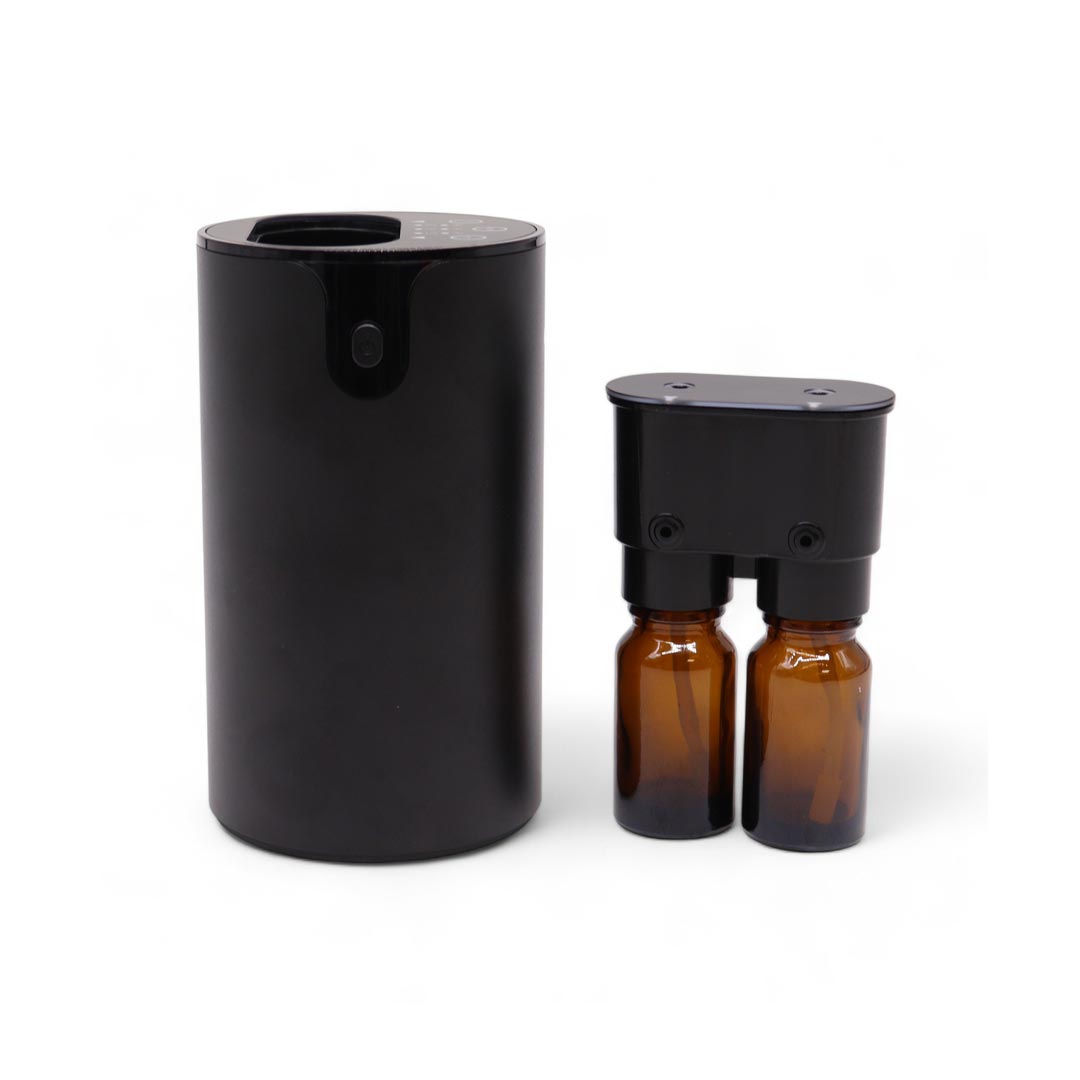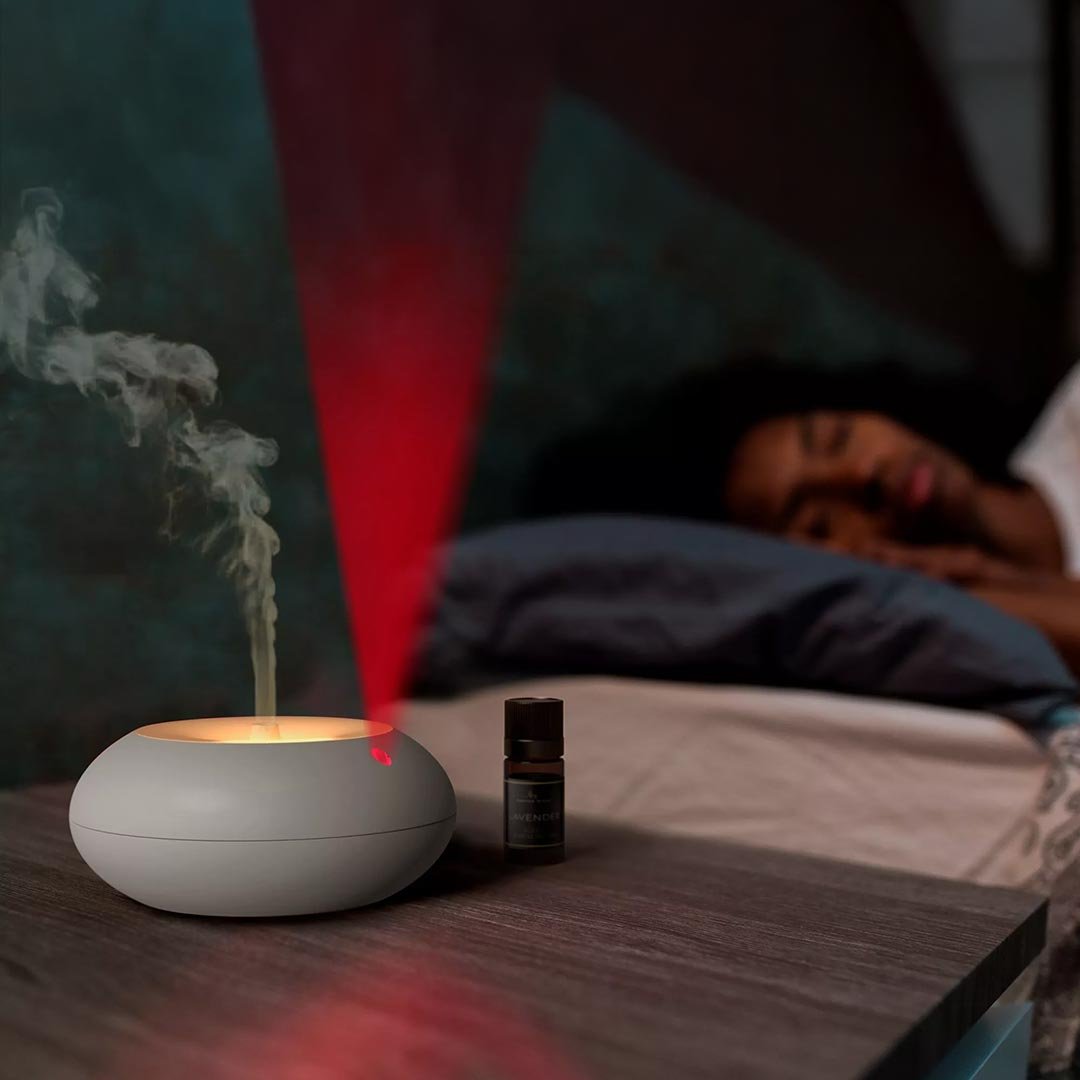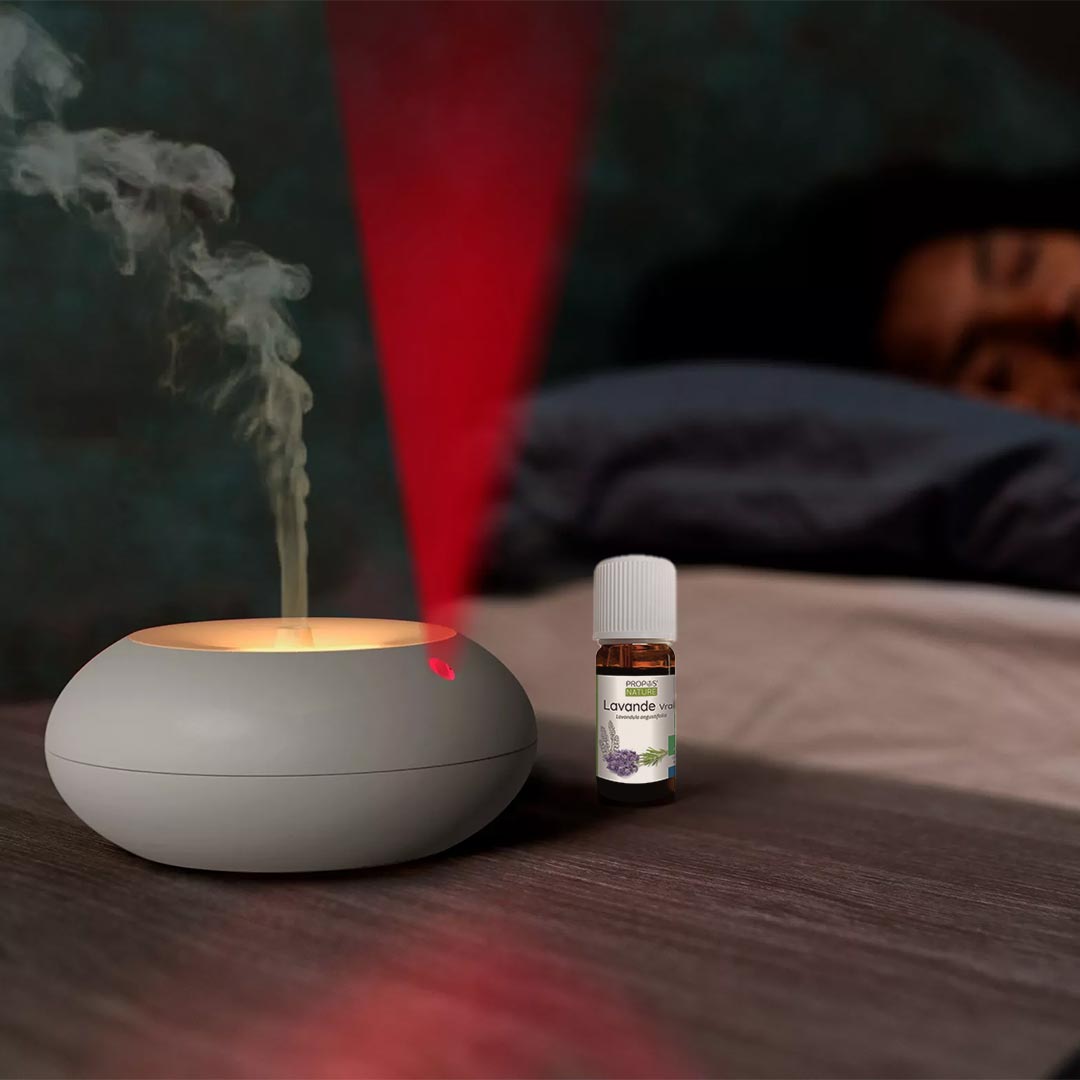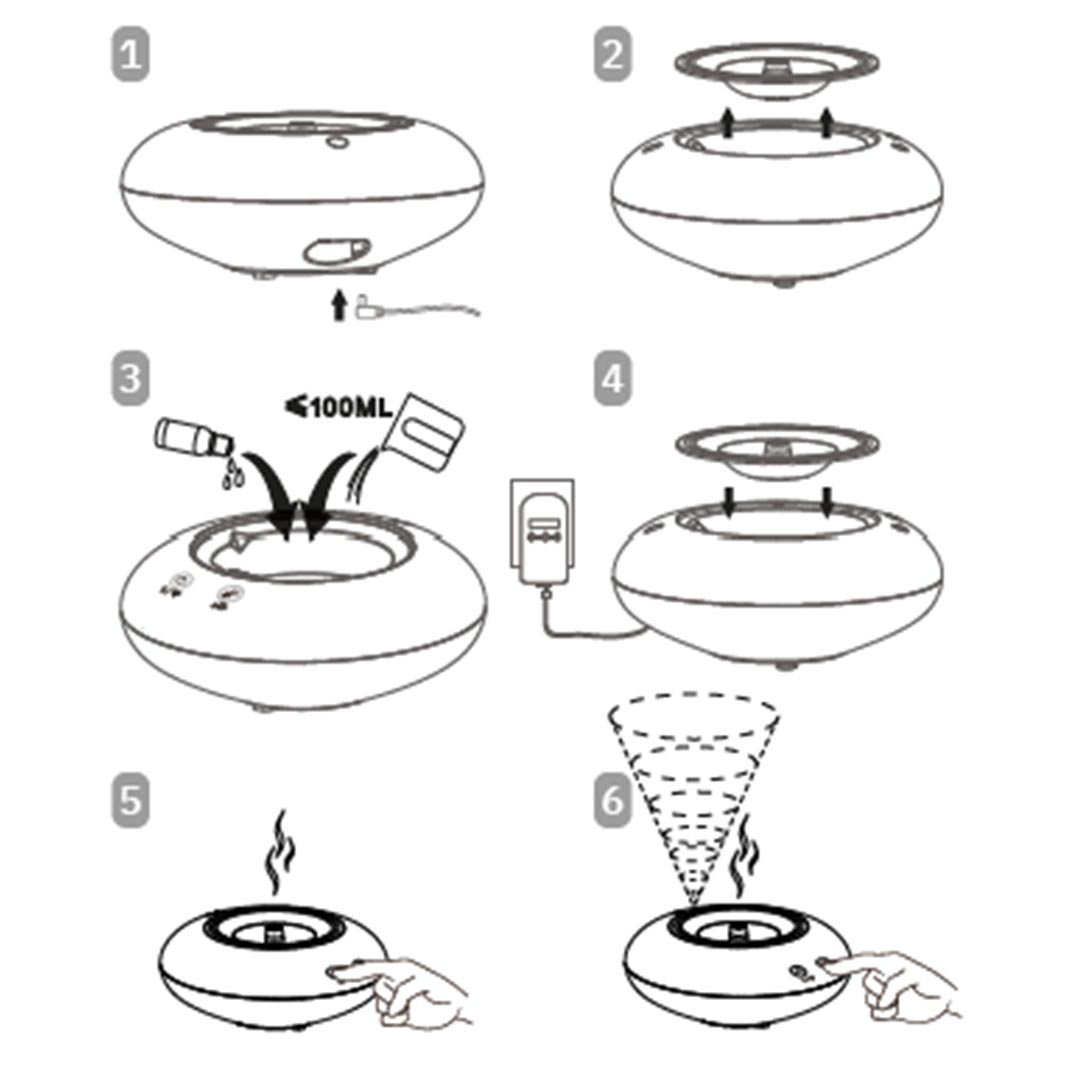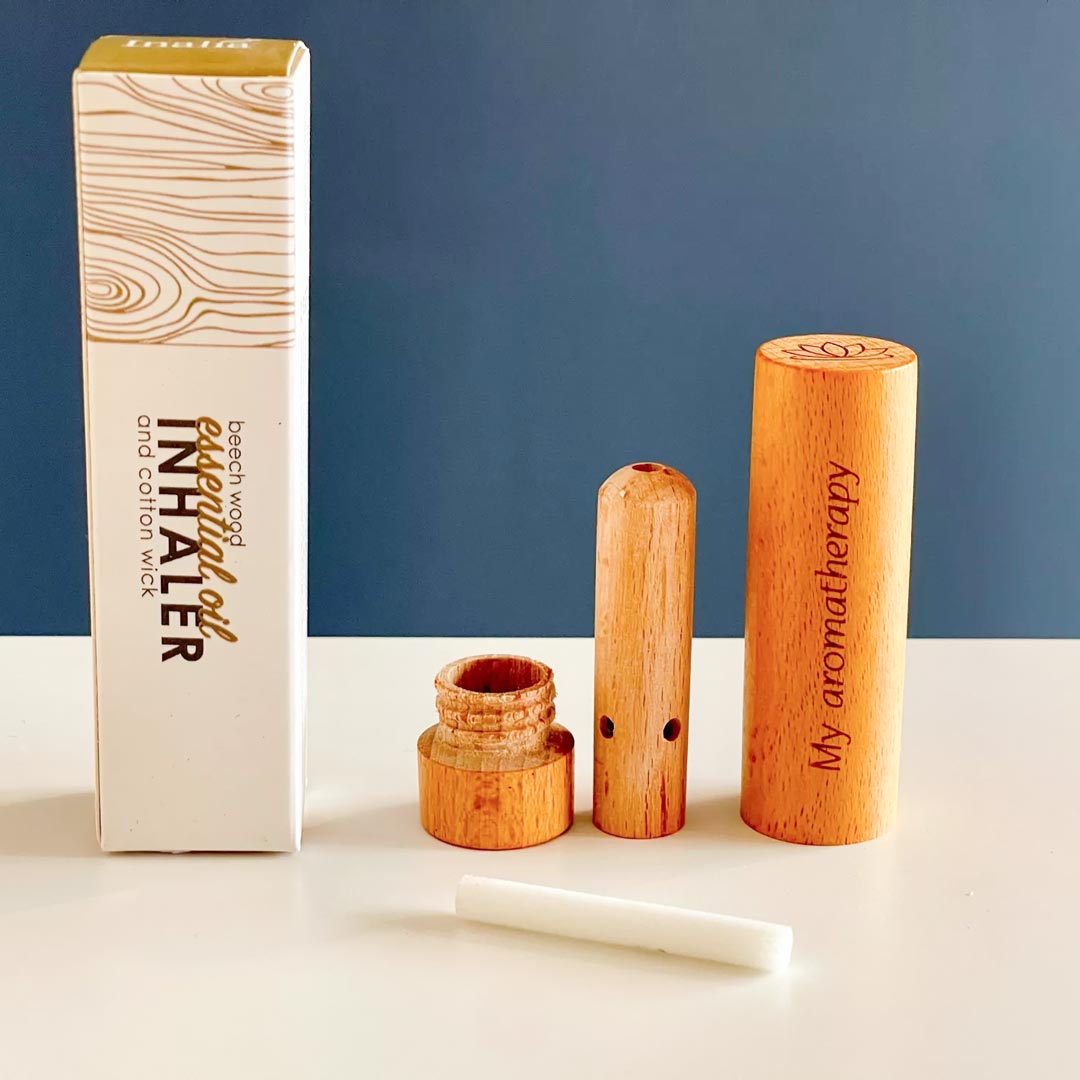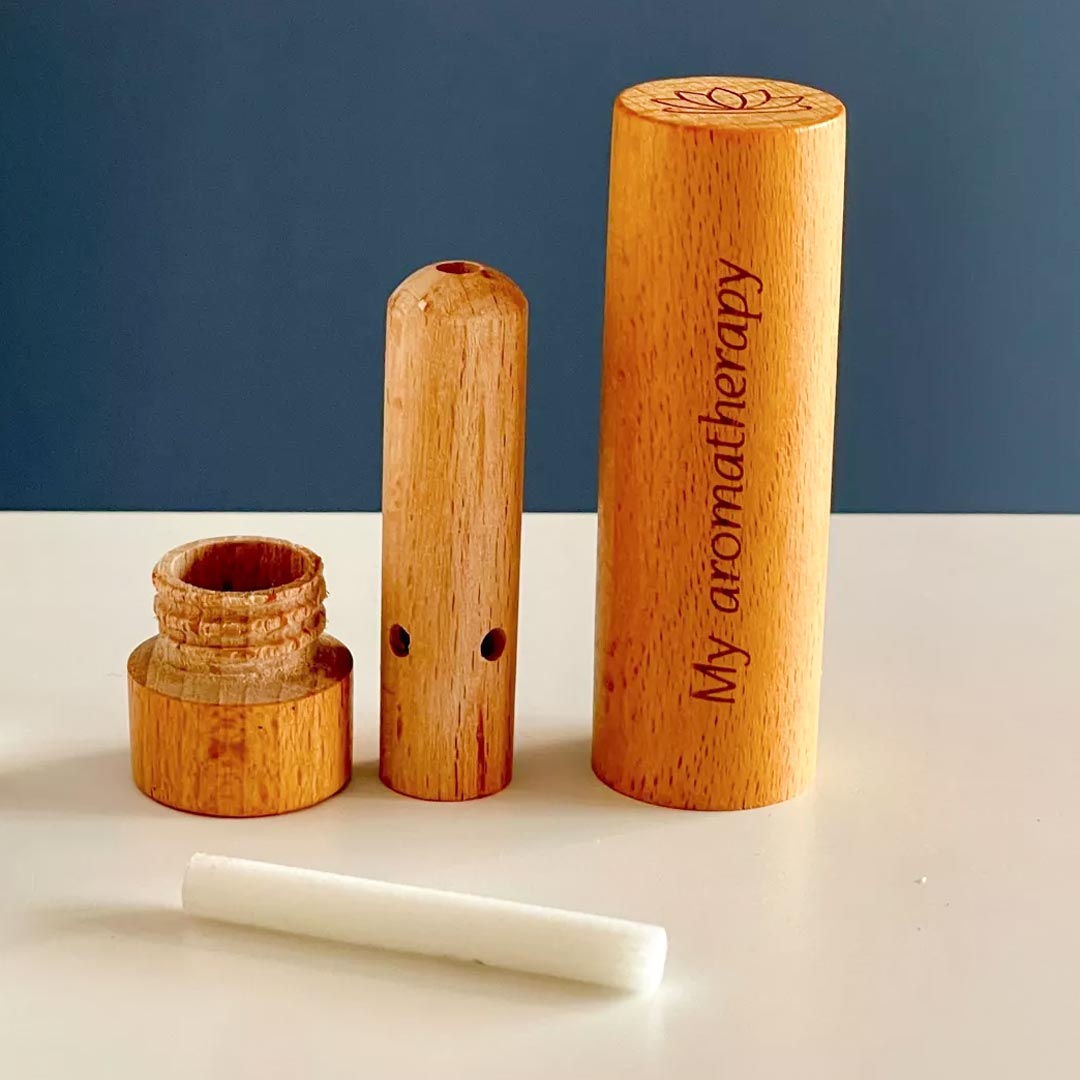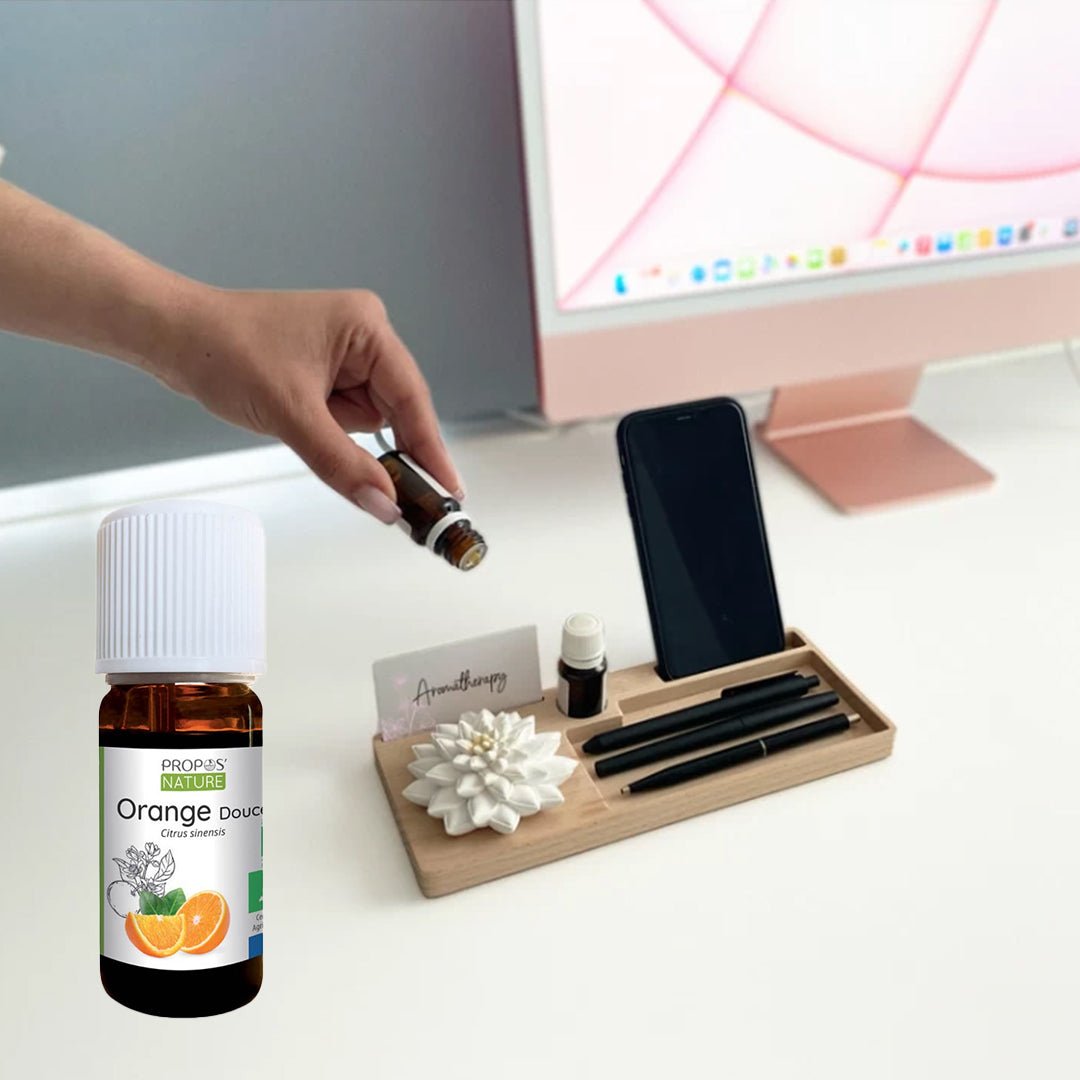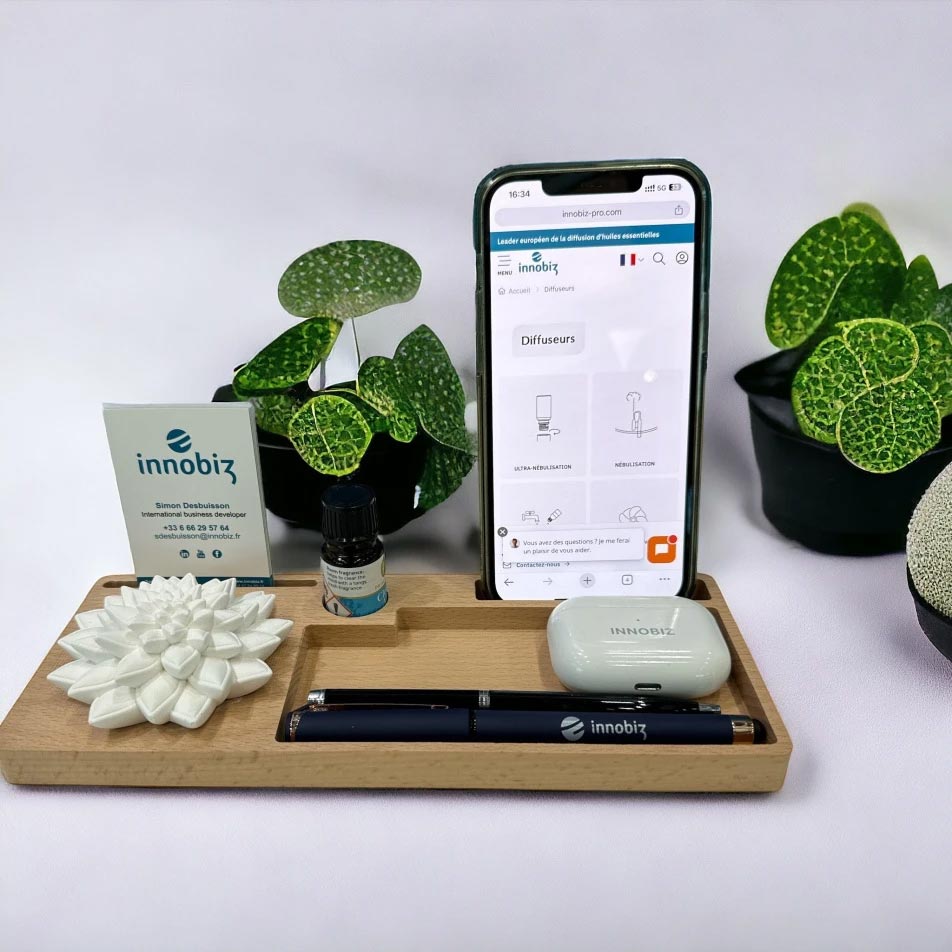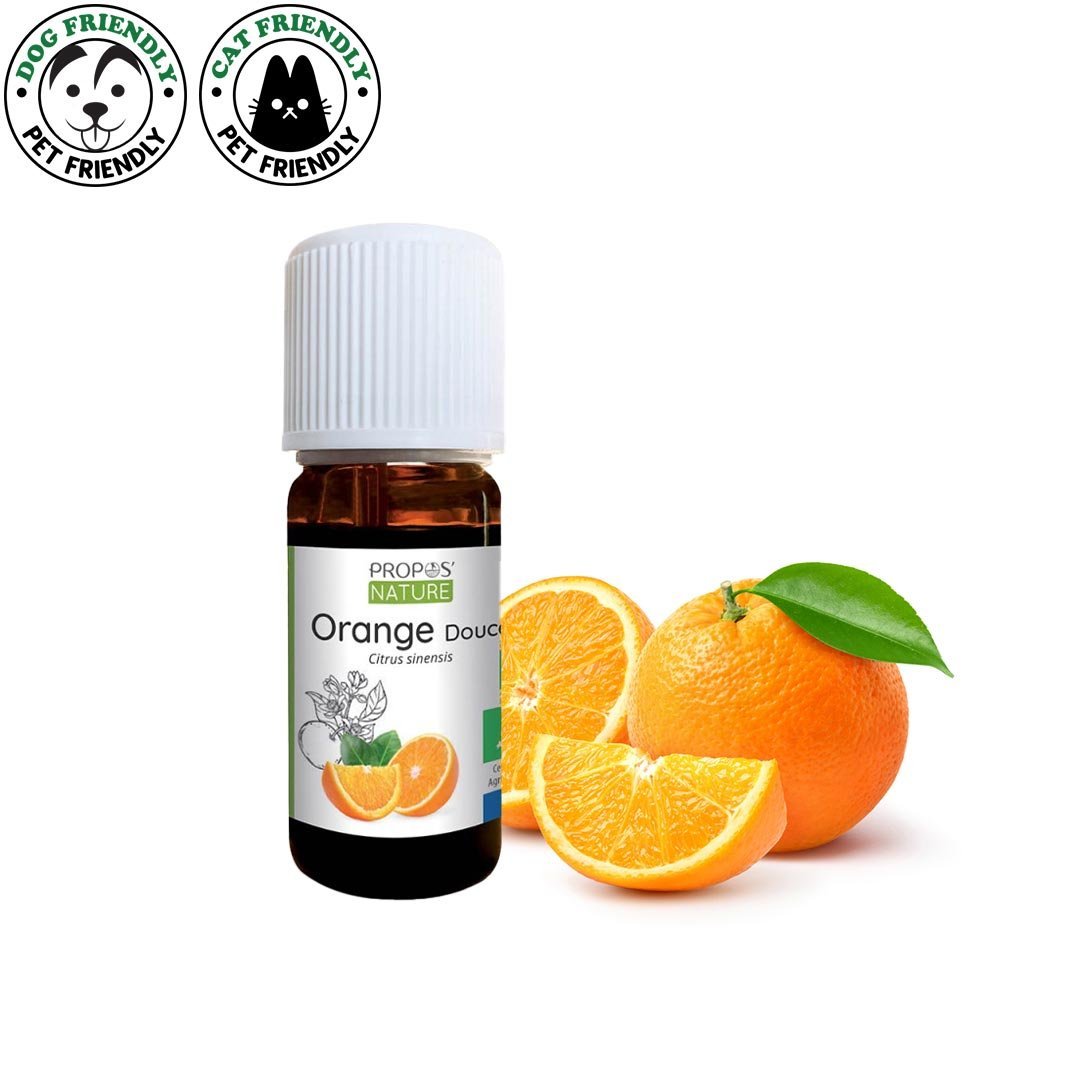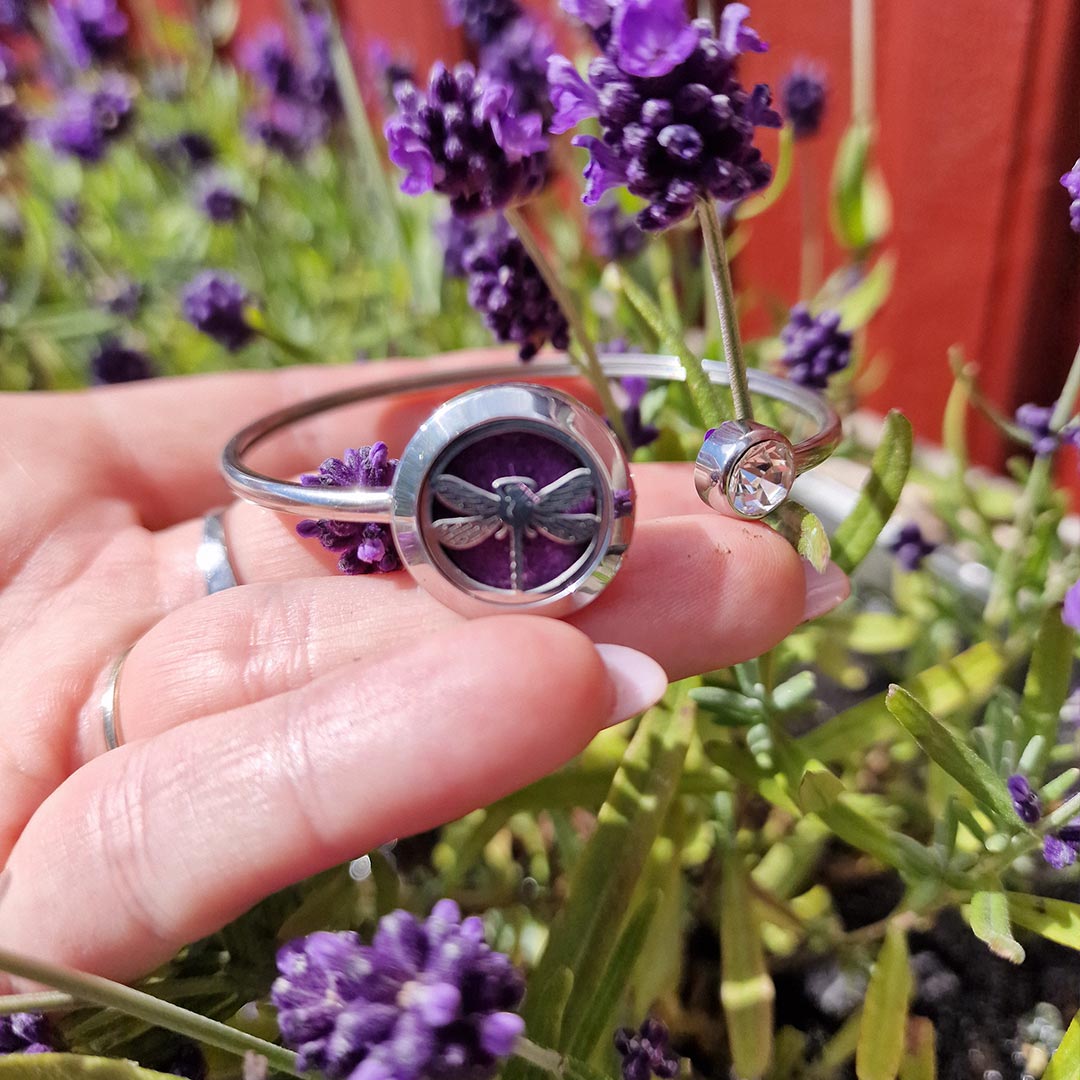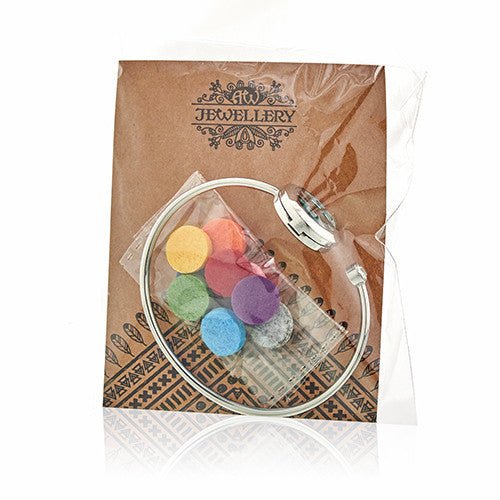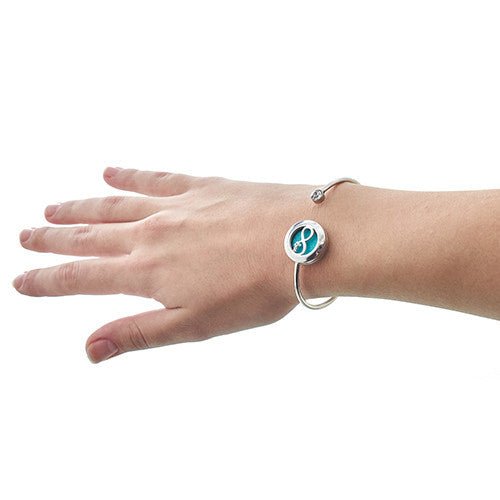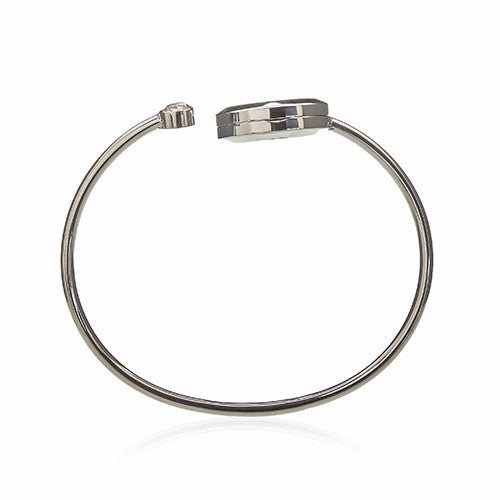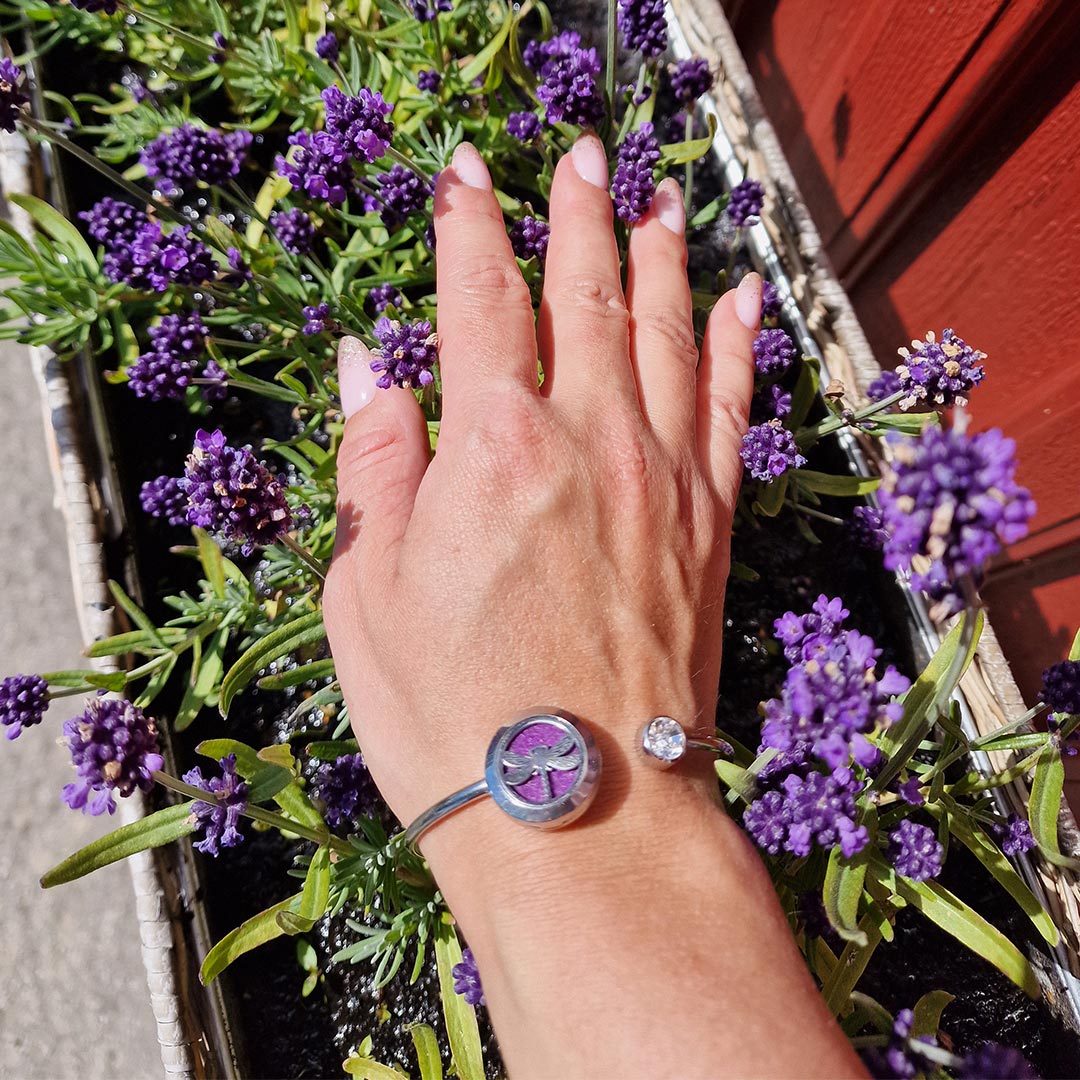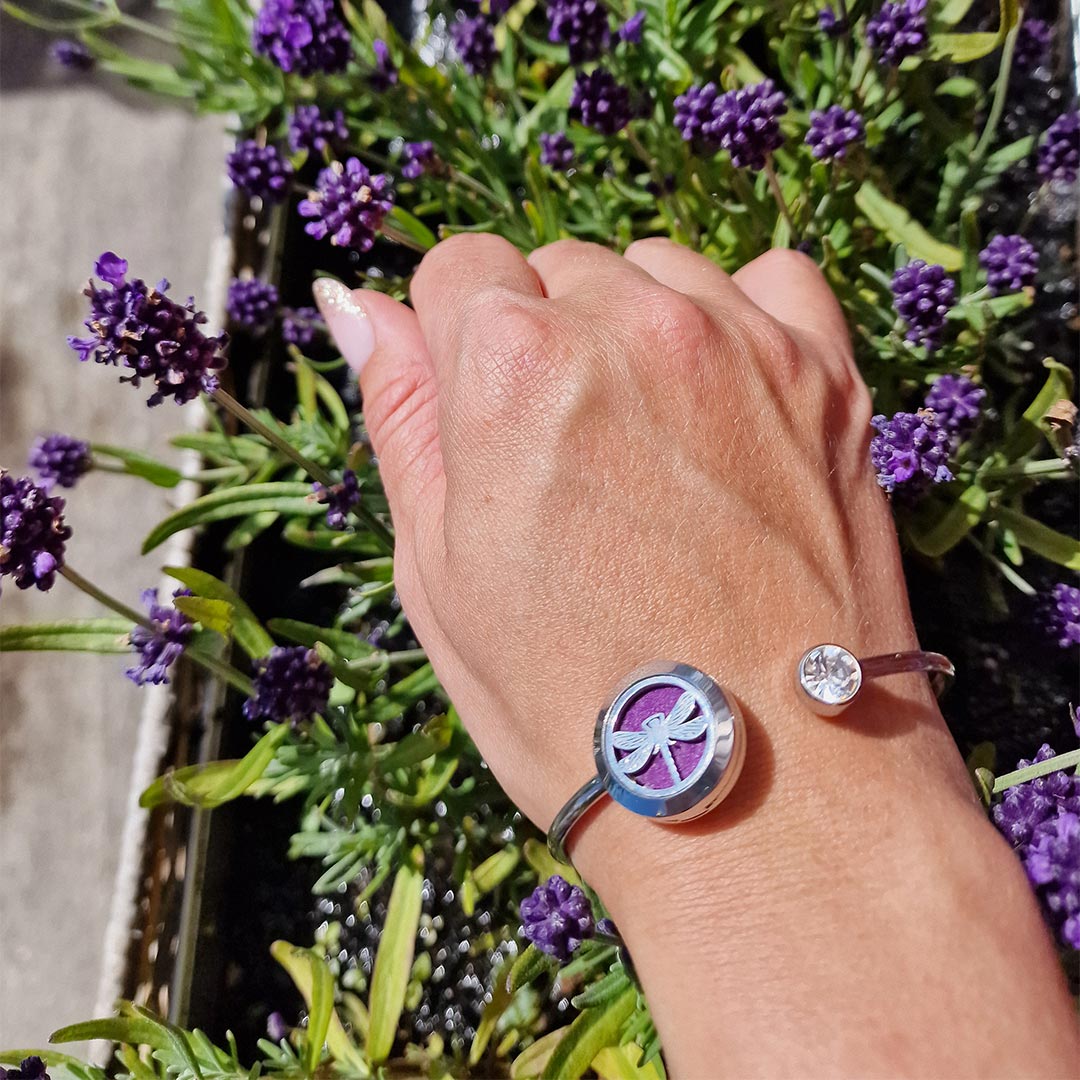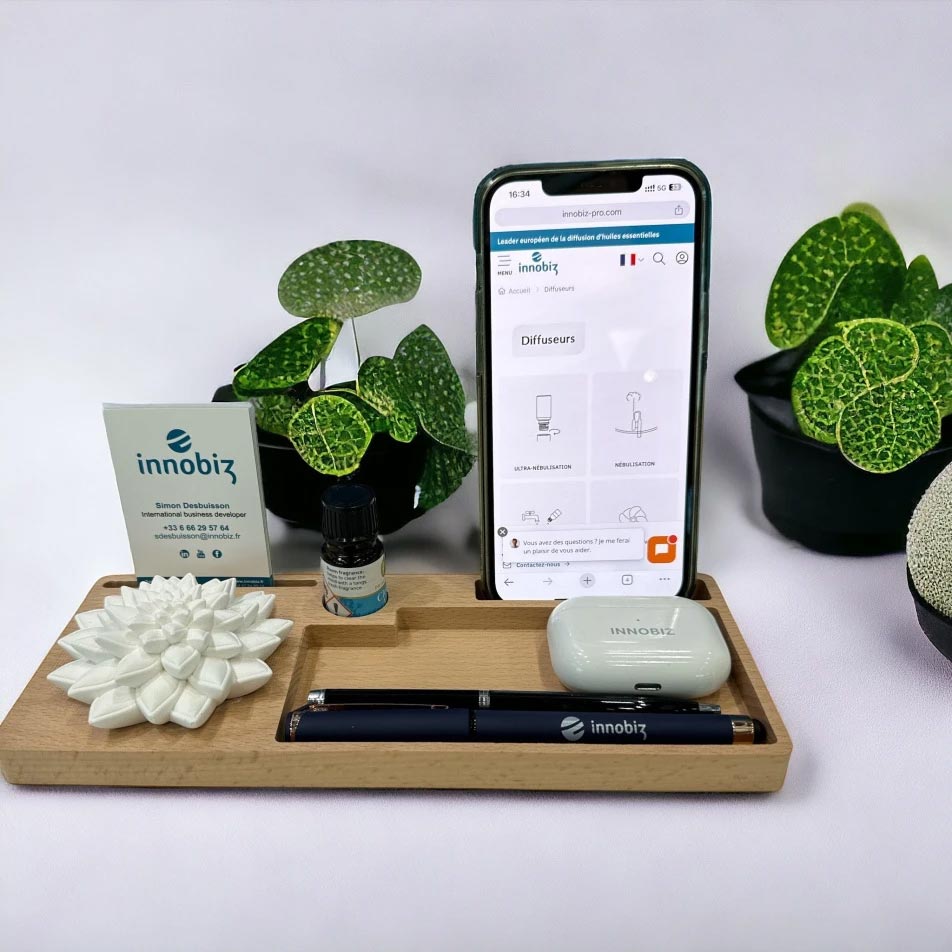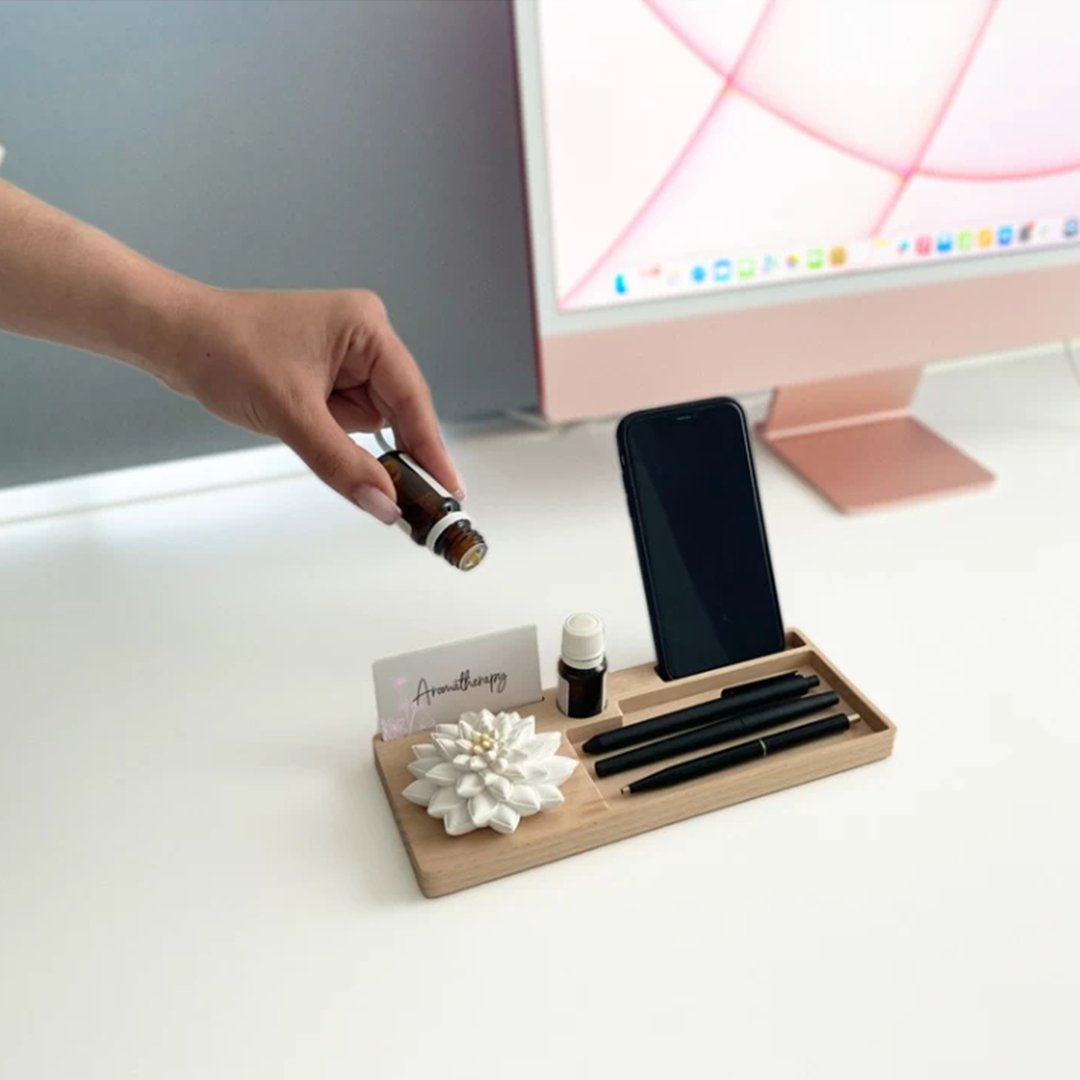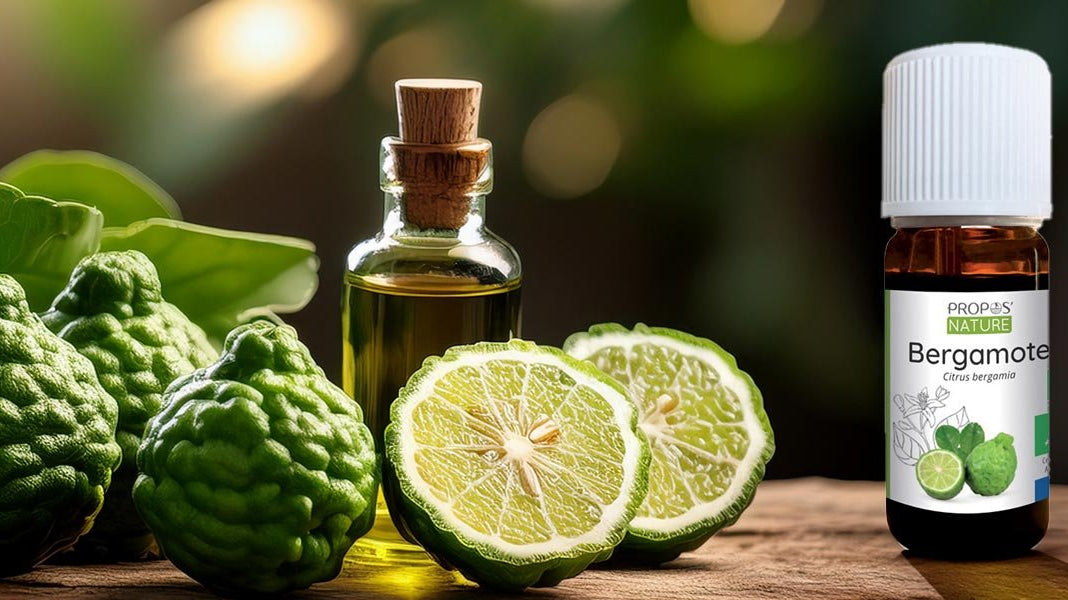Organic Geranium Rose essential oil is a precious gift from nature, known for its enchanting aroma and numerous skin and health benefits.
1. Skincare Marvel
Balancing Oil Production: Geranium oil is renowned for regulating oil production, making it suitable for dry and oily skin. It helps balance sebum, promoting a healthier complexion.
Mix 4 drops with 1 teaspoon (5ml) of coconut oil, and massage into the face and neck. Alternatively, add 3 drops to your moisturizer each morning, and carry out your skincare regime as normal.
Anti-Inflammatory: Its anti-inflammatory properties may soothe irritated skin, making it beneficial for conditions like acne, eczema, and dermatitis.
Mix 2 drops of geranium with ½ teaspoon (2,5ml) of coconut oil, and gently massage directly over the area of concern.
Cell Regeneration: Geranium oil is believed to support cell regeneration, aiding in the healing of scars, wounds, and skin imperfections.
Mix 2 drops of geranium with ½ teaspoon (2,5ml) of coconut oil, and gently massage directly over the scar. Repeat twice per day. Geranium oil has excellent cicatrisant properties making scars fade over time with regular use.
Deodorant: Mix 15 drops of geranium with ¼ cup (50g) baking soda, and rub onto the armpits. If you use Alum organic deodorant spray, add 5 drops to the bottle. Geranium oil contains antibacterial properties, which help to kill the germs that create body odor.
2. Emotional Well-Being
Mood Enhancer: Geranium oil has a delightful floral scent that can uplift the mood and promote emotional well-being. It is known for its calming and balancing effects.
Stress Reduction: Inhaling the aroma of geranium oil may help reduce stress and anxiety, and promote a sense of relaxation.
Diffuse 6 drops of geranium in an aroma diffuser, this will help alleviate mood swings and restore calm to the mind and body.
3. Sleep disorders
Place 2 drops on the pillow before bedtime, or diffuse 4-6 drops 1 hour before bedtime in an aroma diffuser. Geranium oil helps to balance the nervous system and calms an overactive mind, which often interferes with a peaceful night’s sleep.
4. Hormonal Balance
Balancing hormones: Geranium essential oil is sometimes used to help balance hormones, particularly during times of menstrual cycle irregularities, cramps, mood swings, or menopause. It is also said to be helpful for people with polycystic ovary syndrome (PCOS).
Mix 5 drops with 1 tablespoon (15ml) of carrier oil, and massage into the abdomen. You can also diffuse 5 drops of the oil in an aroma diffuser.
For menopause, geranium oil helps to balance the secretion of female hormones by regulating the adrenal cortex. Mix 4 drops with 1 teaspoon (5ml) of carrier oil, and massage into the feet. Or dilute 6 drops in 1 tablespoon (15ml) of carrier oil, and add to a warm bath.
5. Insect Repellent
Natural Bug Repellent: The aroma of geranium oil is known to repel insects, making it a natural choice for those looking to avoid chemical-laden repellents. Use it to keep mosquitoes, flies, and other pests at bay.
Diffuse 6 drops of geranium in an aroma diffuser. Mix 4 drops of geranium in 1 tablespoon (15ml) of carrier oil, and apply to the parts of your body without clothes to repel mosquitos.
6. Hair Care
Healthy Scalp: Geranium oil, when added to hair care products (Aloe vera shampoo) or carrier oils, can contribute to a healthy scalp, potentially addressing issues like dandruff.
Add 3 drops of geranium to the amount of shampoo you use for one wash and massage into the scalp. Let it sit for a couple of minutes and rinse.
7. Anti-Inflammatory and Analgesic
Muscle and Joint Relief: Geranium oil's anti-inflammatory and analgesic properties may offer relief from muscle and joint pain, including arthritis.
Mix 3 drops with 1 teaspoon (5ml) of carrier oil, and massage over the area of concern. For headaches, inhale deeply from the bottle 2-3 times, or add 1 drop to ½ teaspoon (2,5ml) carrier oil and massage it on your temples, back of the neck, and your wrists.
Always ensure that you use essential oils safely by diluting them in a carrier oil before applying them to the skin, and perform a patch test to check for sensitivities. If you have specific health concerns or conditions, it's advisable to consult with a healthcare professional before using essential oils.
Here's a guide on how to perform a patch test
-
Select a Carrier Oil: Begin by choosing a mild, skin-friendly carrier oil such as coconut, jojoba, or sweet almond oil. Carrier oils help dilute the essential oil to minimize the risk of irritation.
-
Dilute the Essential Oil: Mix a small amount of the essential oil with the carrier oil. A good starting ratio is 1 drop of essential oil to 1 teaspoon of carrier oil, creating a 1% dilution, which is generally safe for most adults, elderly, and kids. For very sensitive skin, you might want to start with a more diluted mix, such as 1 drop of essential oil in 2 teaspoons of carrier oil (0.5% dilution).
-
Choose a Test Spot: Select a small, discreet area of skin to apply the oil. The inside of your forearm or the back of your wrist are good choices, as the skin is relatively sensitive and easily observed for reactions.
-
Apply the Mixture: Use a cotton swab or a clean fingertip to apply a small amount of the diluted essential oil to the chosen spot.
-
Cover the Spot: Optionally, you can cover the test spot with a bandage or a piece of gauze to keep the area undisturbed.
-
Wait: Leave the oil on your skin for at least 24 hours, unless you start to feel irritation sooner. If you experience any discomfort, such as itching, redness, swelling, or burning, remove the oil immediately with a carrier oil, followed by soap and water. Using a carrier oil first helps to lift the essential oil off the skin more effectively than soap and water alone.
-
Observe: After 24 hours, check the area for any signs of irritation or allergic reaction. If your skin looks clear and feels fine, it's likely safe to use the oil more broadly.


